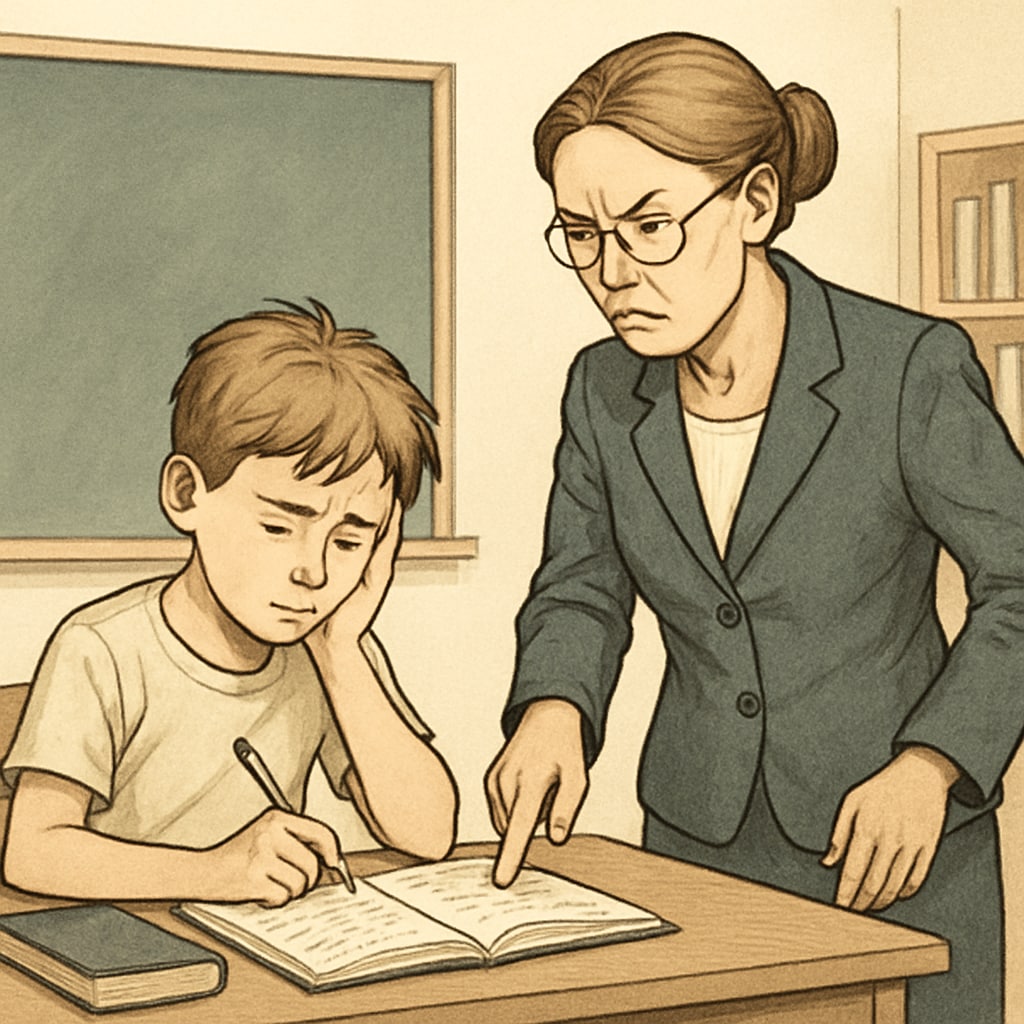In the pursuit of excellence, educators often find themselves at the crossroads of education extremes. The tension between rigorous teaching methods and the nurturing of student well-being is central to modern debates around educational ethics. This dilemma, captured vividly in the film Whiplash, raises a critical question: Can we push students to their limits without compromising their mental and emotional health? In K12 education, where formative years are at stake, the quest to strike a balance between achievement and care becomes all the more pressing.

The “Whiplash Dilemma” in Education
The 2014 film Whiplash directed by Damien Chazelle tells the story of a young drummer and his relentless music instructor. The teacher’s philosophy—”pushing students beyond their limits to achieve greatness”—echoes an ongoing discourse in education. On one hand, high expectations can inspire extraordinary achievements. On the other, such approaches can inflict lasting psychological harm. This dichotomy, which we can term the “Whiplash Dilemma,” has profound implications for K12 education, where students are still developing emotionally and cognitively.
For example, research has shown that excessive pressure can lead to anxiety, depression, and burnout in young learners (Stress on Britannica). While some students thrive under pressure, many others crumble, leading to questions about whether the rewards of extreme rigor are worth the costs.
Balancing Achievement and Well-being
Is it possible to foster both high levels of achievement and a supportive learning environment? The answer lies in understanding the nuances of how students learn and grow. Extreme methods prioritize results, often at the expense of process. In contrast, care-based approaches focus on holistic development, nurturing skills alongside emotional resilience.
Educators can adopt strategies to balance these priorities:
- Set realistic yet challenging goals: Encourage students to aim high but ensure that targets are achievable and tailored to individual abilities.
- Provide constructive feedback: Feedback should inspire improvement rather than instill fear or self-doubt.
- Foster a growth mindset: Teach students that failure is a stepping stone to success, not a reflection of their worth.
- Prioritize mental health: Incorporate mindfulness activities and open discussions about stress into the curriculum.

Ethical Implications of Extreme Education
The ethics of extreme education methods extend beyond individual classrooms. When schools place disproportionate emphasis on test scores and academic accolades, they risk perpetuating a culture of overachievement. This culture can alienate students who have diverse talents and learning styles, ultimately undermining the goal of inclusive education (Inclusion on Wikipedia).
Moreover, the societal expectation to succeed at all costs can create a ripple effect. Parents and educators may inadvertently reinforce the idea that worth is tied to performance, neglecting the importance of intrinsic motivation and personal growth. This raises a critical ethical question: At what point does the pursuit of excellence become exploitation?
Creating a Compassionate Yet Challenging Environment
To resolve the “Whiplash Dilemma,” educational institutions must adopt policies that balance high standards with humanistic values. Some potential measures include:
- Teacher training: Equip educators with the skills to recognize and support students’ emotional needs while maintaining academic rigor.
- Flexible curricula: Design programs that accommodate diverse learning paces and interests.
- Student-centered assessment: Develop evaluation methods that consider both effort and outcome, rather than solely focusing on grades.
By implementing these measures, schools can create environments where students are not only motivated to excel but also feel valued and supported. In such settings, the “Whiplash Dilemma” can be transformed into an opportunity for growth rather than a source of conflict.
In conclusion, the ethical tension between rigorous teaching and compassionate care is not easily resolved. However, by prioritizing both excellence and well-being, educators can redefine success for the next generation. The path forward lies in recognizing that achievement and care are not mutually exclusive but rather complementary forces in shaping holistic education outcomes.
Readability guidance: This article uses short paragraphs and lists to enhance readability. Transition words (e.g., however, for example) are included to ensure logical flow. Passive voice and long sentences are minimized to improve clarity.


